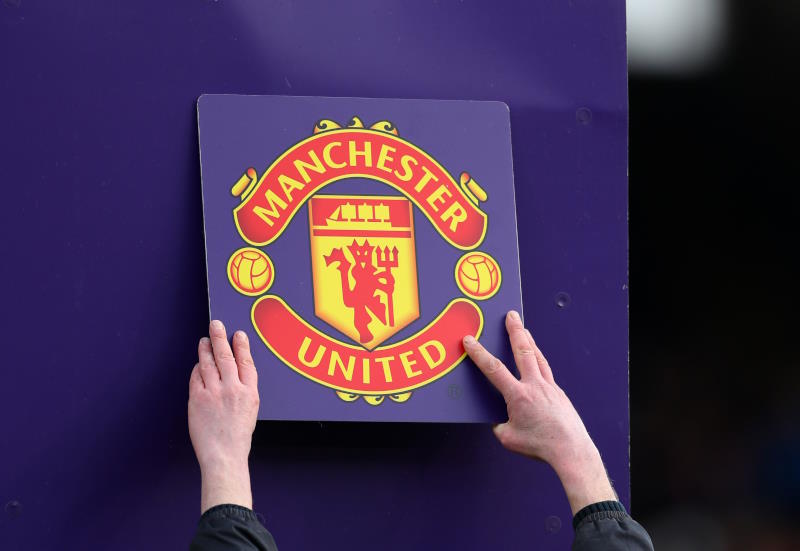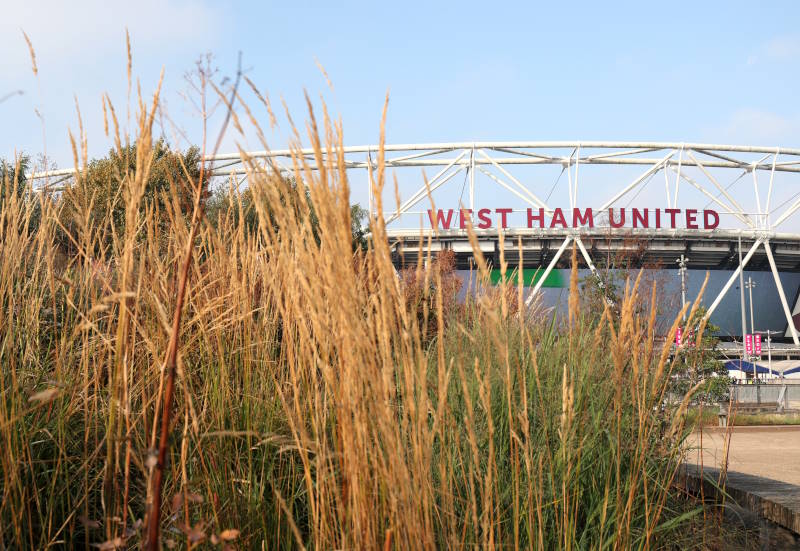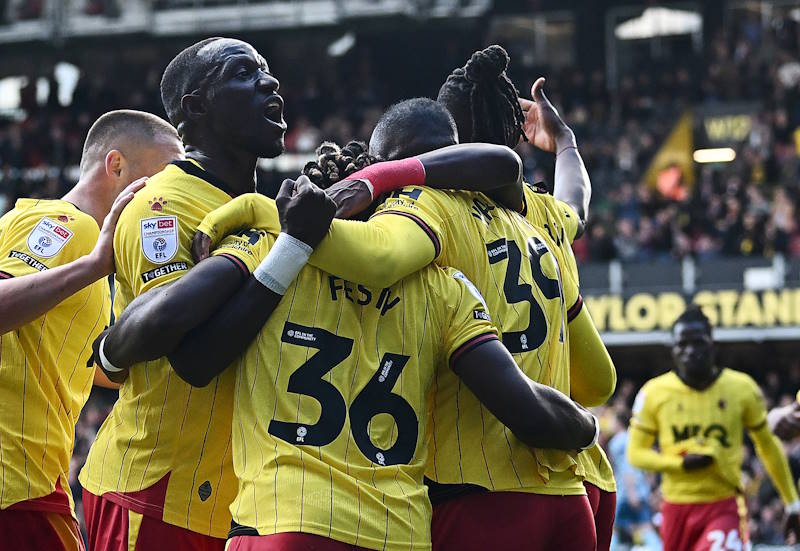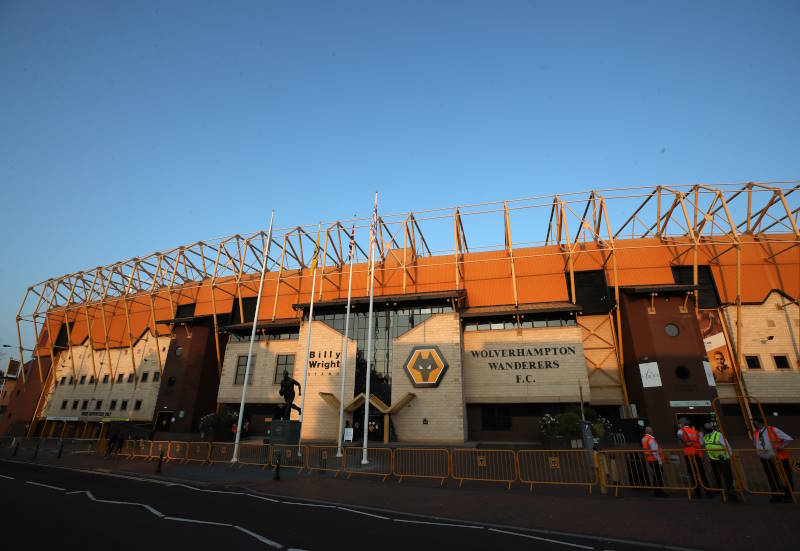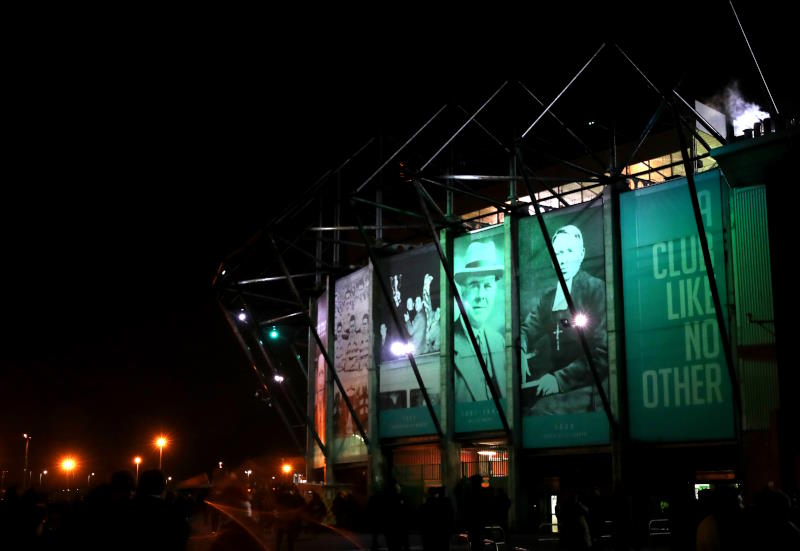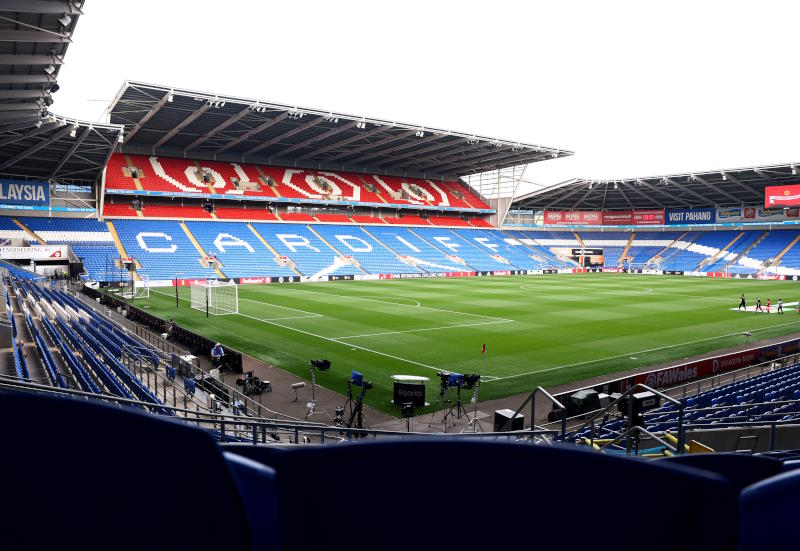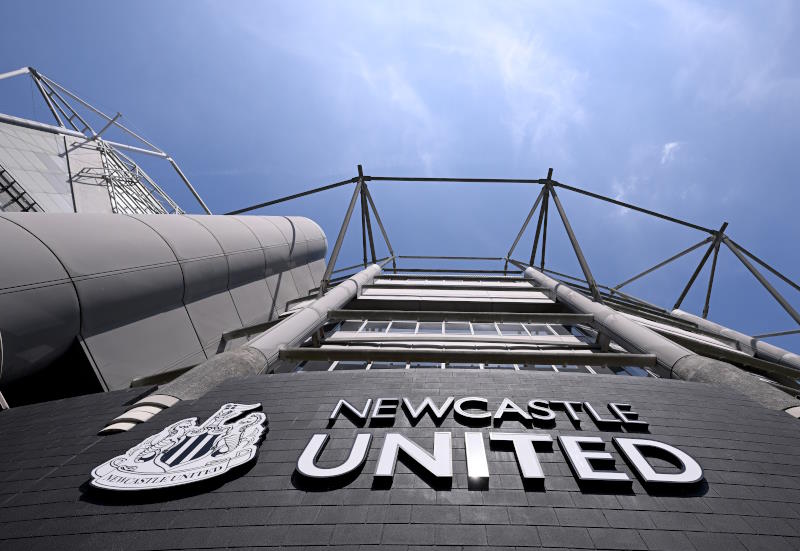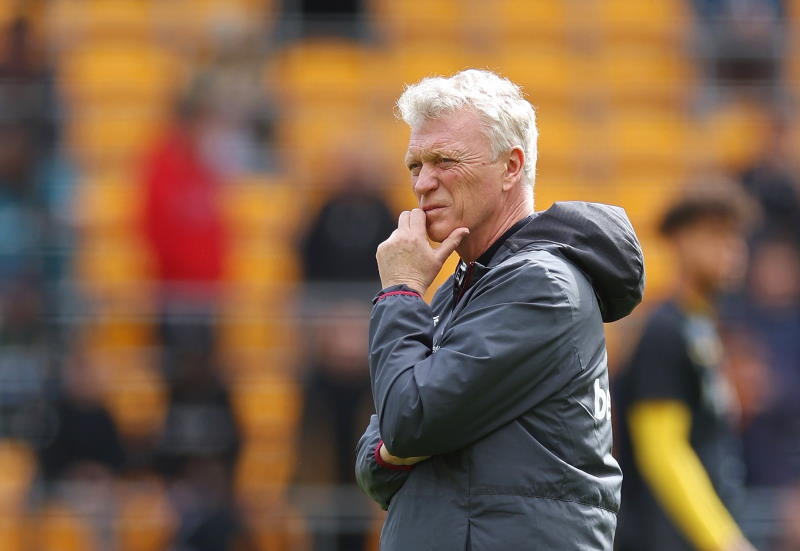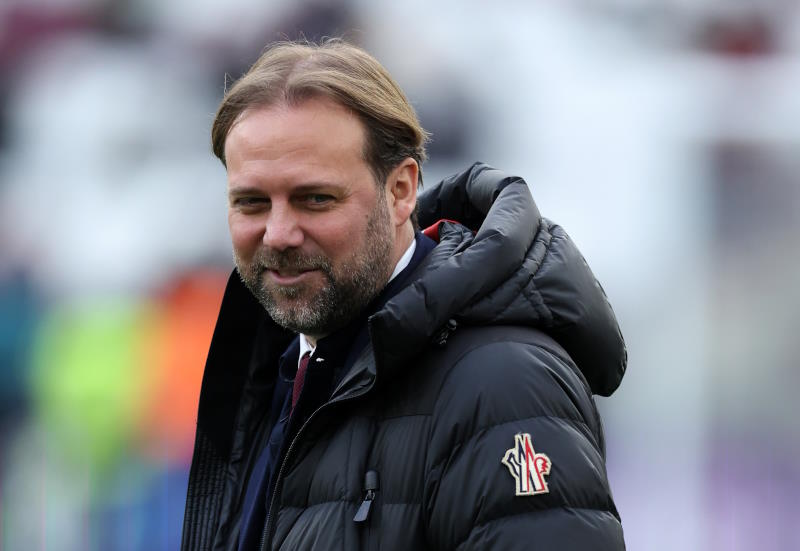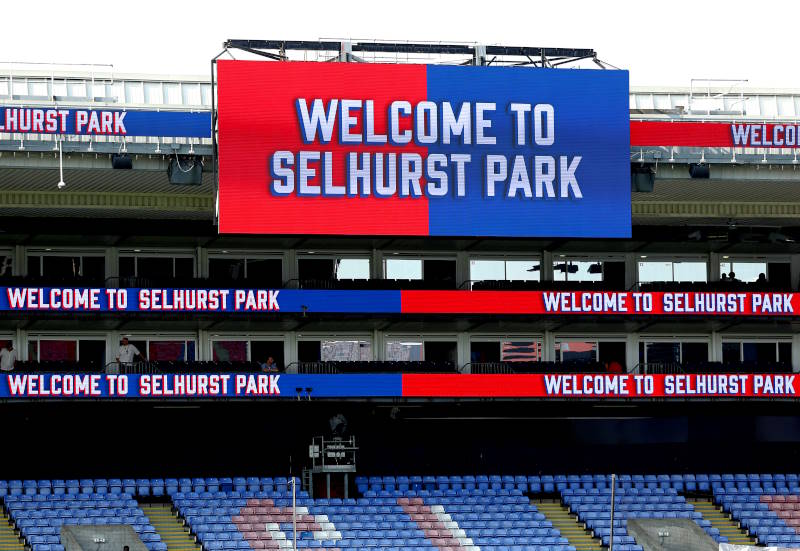
Brazilian football chief Ricardo Teixeira’s downfall and resignation on 12th March were in many ways inevitable. Months of innuendo and speculation had hovered over him, as well as a fraud investigation in Brazil. Teixeira had, just the week before, taken a leave of absence citing medical concerns. His former father-in-law, the ex-FIFA president Joao Havelange, had used the same reason when he left the International Olympic Committee (IOC) in December.
The similarities between Teixeira and Havelange did not stop at the reasoning given for their departures from the world’s two biggest sporting administrations. Both are thought to be among those identified in documents relating to the collapse of FIFA’s former marketing partner ISL in 2001 as having taken kick-backs from that organisation. And FIFA, particularly president Sepp Blatter, have been expressing their desire to publish those documents in recent months, only being prevented from doing so by the courts.
And so it was that Teixeira’s 23-year reign as the head of the Brazilian Football Confederation ended with allegations of corruption on the way. Books have literally been written on the Brazilian’s alleged misdemeanours, but much like Jack Warner, another former Blatter ally who headed for the Zurich exit door in the aftermath of FIFA’s controversial presidential election last year, Teixeira has opted to call time on a long career.
Perhaps most significant from this story is the way in which Blatter has decisively switched his power base back in Zurich. The Swiss, in the aftermath of the events of last year when another former ally, Mohamed bin Hammam, stood against him and was eventually kicked out of FIFA after being found guilty of bribing voters, seems to have decisively turned against those who helped put him into power.
Whilst Teixeira clung on, he had long been abandoned by Blatter, with whom he had enjoyed an increasingly frosty relationship; though perhaps not quite as bad as that he shared with Jerome Valcke, the FIFA general secretary and the man ultimately responsible for the World Cup. Valcke had grown exasperated with the numerous problems facing Brazil with their preparations for 2014.
In addition to the investigation against Teixeira at home and the threat to publish the ISL files, the Brazilian president, Dilma Rousseff, was not a fan of the 64-year-old. Teixeira, like Havelange, had a long running and very public dispute with the player many consider to be the greatest ever, Pele, which last year saw the legendary Santos forward only invited to the 2014 World Cup qualifying draw when the government stepped in.
A number of supporters in Brazil last year climbed on the anti-Teixeira bandwagon and called upon him to give up his role as the head of the World Cup organising committee (which he also relinquished on 12th March). And the reaction of World Cup-winning forward Romario to Teixeira’s resignation was surprisingly undiplomatic for a man who is a member of the Brazilian parliament.
“Today we can celebrate“, he said before adding: “today we have eliminated a cancer from Brazilian football.”
Romario’s issue with Teixeira, at least the one he aired publicly, was the vast accumulation of power he had. Not just the head of the 2014 World Cup and the CBF, Teixeira did of course hold a seat on FIFA’s executive committee, which until the controversy of last year was a position of significant power in deciding which country got to host the quadrennial spectacle.
The cracks in his reign were coming though. Aside from the deterioration of relations with almost everyone, Teixeira had been forced to open up the World Cup organising committee. He had brought on board Ronaldo in December as the public face of Brazil 2014, though speculation was that he was merely that, a face, and Teixeira would continue to run things. And then Bebeto joined up with Ronaldo this month on the organising committee just as rumours began to surface that Teixeira was to resign and be replaced by Jose Maria Marin – which is exactly how events transpired.
The legacy Teixeira leaves is tainted by these controversies, as well as the infamous incident in 1994, when, following the successful Brazil World Cup victory, the CBF chief was among players and officials alleged to have brought goods back into the country without paying the taxes required.
But Teixeira also leaves behind the feeling of a probable missed opportunity with the World Cup that comes to Brazil for the first time in 62 years in 2014.
Despite knowing effectively back in 2004 that Brazil would host football’s biggest spectacle, after the South American Confederation, CONMEBOL, voted to support their bid, combined with FIFA’s short lived rotation policy, the country have prevaricated since.
Naming host cities was delayed and eventually passed on to FIFA to make the final decision some five years later in 2009. And even when the host cities were announced, Brazil has been slow to get to work on infrastructure and stadia. Right now, airport capacity is a major concern for FIFA and Valcke, with Brazil hastily auctioning off the rights to renovate their airports to private contractors after the publicly funded method failed.
Construction of the Itaquera Stadium, being built for current Brazilian champions Corinthians and which will host the opening game of the World Cup, only began last year amid numerous delays. Strikes have affected other stadia. And the recent wrangling over the details of the World Cup law, which Brazil agreed to when winning the right to host the 2014 competition, has had FIFA tearing their metaphorical hair out.
People will forget the controversy Teixeira was involved in now he has departed the Brazilian football scene. Ultimately, there will be many questions but few, if any, answers to the allegations against him. But the country may come to rue a missed opportunity when FIFA and the football community pack up and leave on 14th July, 2014.

